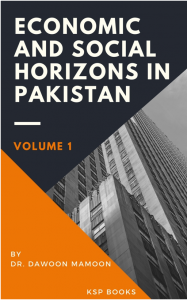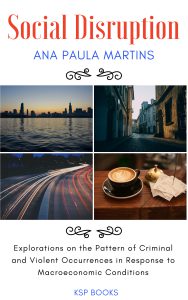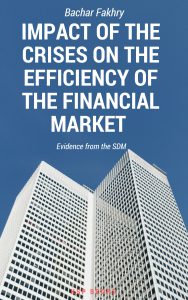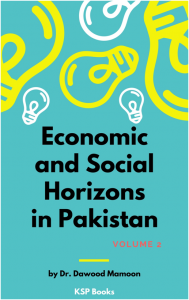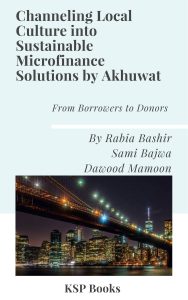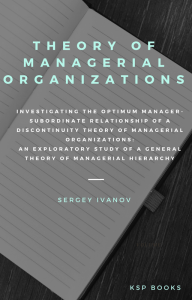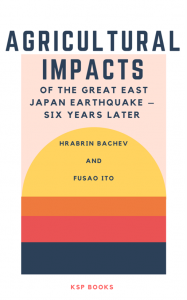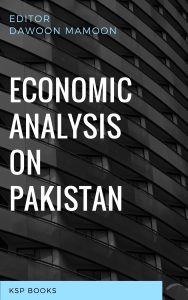Synopsis
The title of this book “Deficit of Women’s Human Right in Papua Province: A conceptual framework on family and women in Papua: Unemployment, crime and socio-economic issues”, is dealing with Mapping of Criminal Trafficking in Persons (TPPO), Domestic Violence (KDRT) and Women Employment (TKW) in Papua Province. It is carried the efforts to protect the human rights. For this study in particular, is aimed at women (and children) in the Papua Province in specific. Mapping is allocated in 4 sample areas, namely Jayapura City, Nabire Regency, Mimika Regency and Boven Digoel Regency. The study was conducted by a Research Team initiated by the Papua Institute for Science and Technology/LIPTEK-Papua in frame work of cooperation and sponsorship of the RI-Ministry of Women’s Empowerment and Children’s Protection. The author in this connection was appointed by LIPTEK-Papua as Team Leader.
The full report is copyright of LIPTEK-Papua, so for this publication it is at the knowledge of LIPTEK-Papua for the submission of an immediate dissemination of direct information. Considering that, in Papua Province from the location of the cities and regencies which taken as a sample it is very necessary for more action taken, namely in addition to more intervention from the Government where global concerns are also raised because besides TPPO, KDRT and TKW, these also in line with HIV/Aid, Narcotics, Alcohol and their kinds. These are also defects and extinction of generations. In this study revealed, apparently TPPO, KDRT and TKW in Papua Province which is reached the highest level of significance. In addition to field data, for completeness, in this article the author also uses library’s data including existing empirical data. Furthering to the Researchers, it is worth to mention of Jayapura City: (1), Dr. Jane Ansanay, (2) Christine Sanggenafa, and (3) Andreas Mayabubun; of Nabire Regency: (1) Yudith Karethji, (2) Nova Karet and (3) Yunus Sarwa; of Mimika Regency: (1)Oliva Angela Flassy (2) Martha Yagaluwo and (3) Bernard Inaury and of Boven Digoel Regency: (1) Dr. Beatus Tambaib, (2) Elias Thesia and (3) Edison Flassy. On behalf of the Management of LIPTEK-Papua and of the author self, I submit Thank You Very Much for all their good cooperation and efforts.
Contents
About the Author
ISBN
978-605-7736-64-2
Date of Publication
December 15, 2020
File Size: 1963 KB
Length: xi + 64 pages
This work is licensed under a Creative Commons Attribution 4.0 International License.


